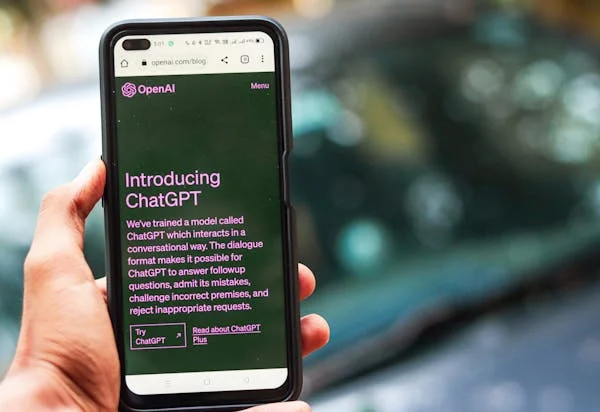Openai Declares Chatgpt To Have No Account Requirements
AI-powered chatbot ChatGPT from OpenAI will no longer require users to have an account to communicate. With this news, the field of conversational AI will undergo a significant upheaval and become accessible to all people globally.
The decision does away with the account requirement and speaks of OpenAI’s willingness to bring democratization in access to advanced AI technologies. That would make ChatGPT more approachable, with lower barriers to entry, and without any need from the user of such commitments or obligations before interacting with it.
This move is set to widen the platform’s reach, making users from various backgrounds and regions tap into the capabilities of conversational agents led by AI. Detailing the changes in a mammoth blog post, OpenAI was at pains to emphasize that though users could now interact with ChatGPT-3 without logging in, it reserved the right to build its comprehensive language model on user inputs. However, caring for the privacy and freedom of its users, OpenAI has an opt-out mechanism for participation in contributing towards building the model.

Turning off the “Improve the model for everyone” feature in preferences allows users to control how much their data is used and maintains user transparency for AI-driven experiences. Also, to eliminate the need for an account, some of the functionalities in the primary use of ChatGPT will require users to log in with their OpenAI account. Some of these features may include but are not limited to storing and reviewing chat history, accessing voice responses, and sharing results with others.
This becomes a balancing approach for the two—accessibility and user convenience—to vary preferences and requirements of the same within the user base. But, importantly, OpenAI did reveal that users will still be able to log into the website and hence use paid offerings of products such as ChatGPT and other flagships like DALL-E 3, which have more features and functions.
This highly modular approach showcases OpenAI’s commitment to offering scalable solutions catering to diverse user needs, from casual, conversational interactions to highly specialized AI applications. In addition to the account-optional policy, OpenAI is adding further content safeguards to alleviate the risks against unwanted prompts that users receive and against unwanted generated content.
OpenAI has not disclosed the specifics of these mechanisms. Still, it is promising to know that OpenAI is putting proactive measures in the proper and safe use of AI technologies and protecting users from what otherwise may be harmful or hazardous content. The feature could drive even faster adoption and activity by enabling ChatGpt without accounts in 185 countries for over 100 million users.
OpenAI said the feature would be rolled out over time; access to the new account features would vary by geographic region. Customers who come across account prompts are, in the meantime, requested to bear with the company as it looks to the global implementation of the updated policy.


